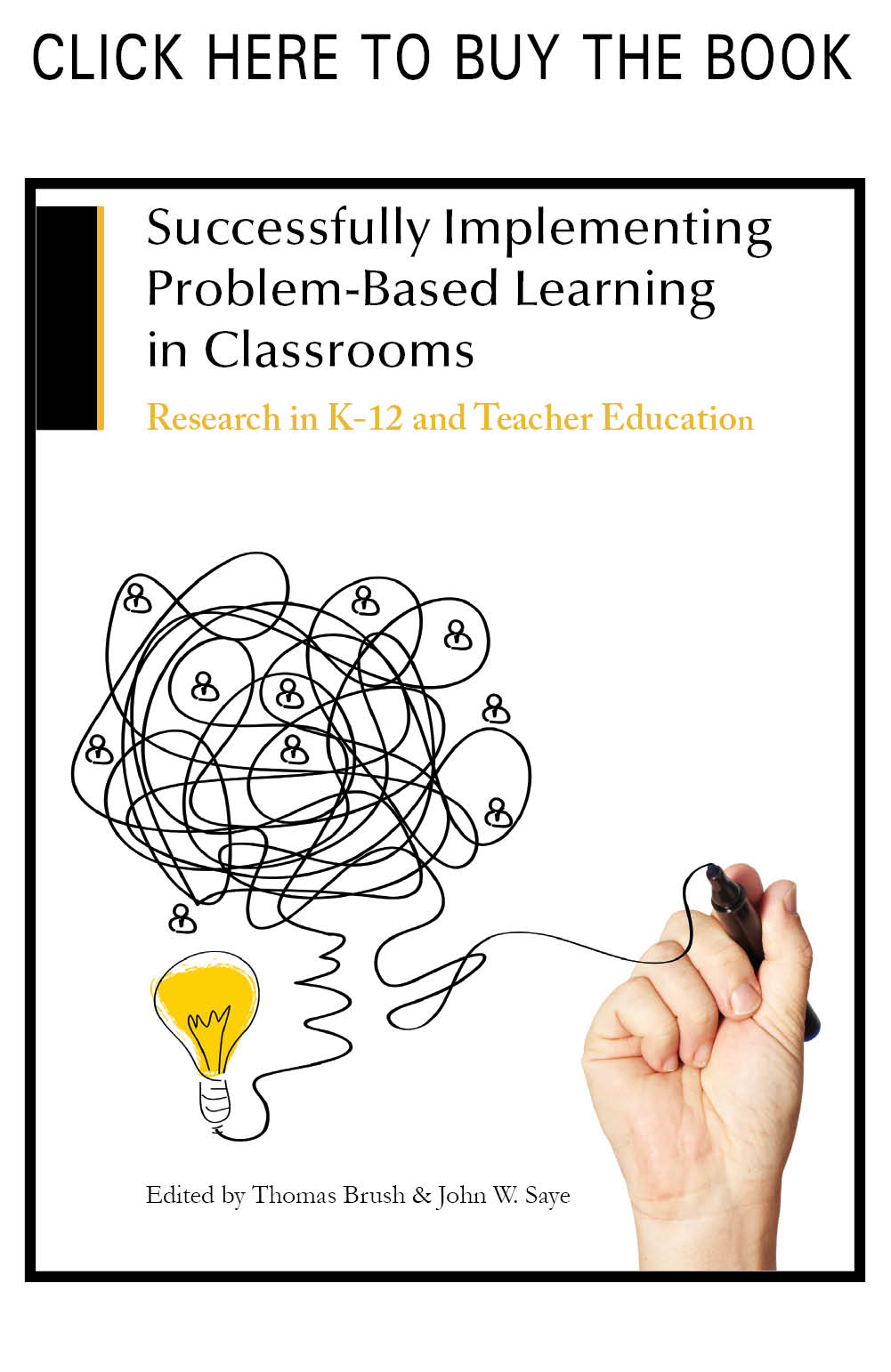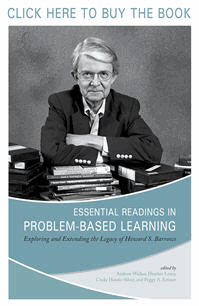Abstract
This study compared the effectiveness of problem-based learning (PBL) and traditional instructional approaches in developing high-school students’ macroeconomics knowledge and examined whether PBL was differentially effective with students demonstrating different levels of four aptitudes: verbal ability, interest in economics, preference for group work, and problem-solving efficacy. Over all, PBL was found to be a more effective instructional approach for teaching macroeconomics than traditional lecture–discussion (p = .05). Additional analyses provided evidence that PBL was more effective than traditional instruction with students of average verbal ability and below, students who were more interested in learning economics, and students who were most and least confident in their ability to solve problems.
Recommended Citation
Mergendoller, J. R.
,
Maxwell, N. L.
,
&
Bellisimo, Y.
(2006). The Effectiveness of Problem-Based Instruction: A Comparative Study of Instructional Methods and Student Characteristics. Interdisciplinary Journal of Problem-Based Learning, 1(2).
Available at: https://doi.org/10.7771/1541-5015.1026




